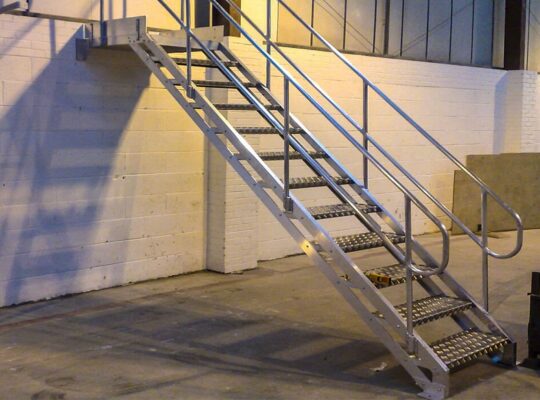The PESTEL analysis is a strategic analysis tool that allows to evaluate the external factors that can influence the success of an e-commerce clothing store, by studying the policies, the economy, the social, the technologies, the environment and the law.
In the following lines, we will examine in detail the political, economic, social, technological, environmental and legal factors that influence the success of an e-commerce clothing store. We will also look at how these factors can be used to help develop effective trading strategies.
Also note that, to put the odds on your side, we offer you our complete pack for an e-commerce clothing store .
THE “POLITICAL” ASPECT OF THE PESTEL ANALYSIS FOR AN E-COMMERCE CLOTHING STORE
The Policy of PESTEL analysis for an e-commerce clothing store involves examining the political factors that influence the industry, such as regulations, taxes, and subsidies. It is also about identifying opportunities and risks related to government policies and foreseeable political changes.
Potential examples of items for the ‘Policy’ of the PESTEL analysis for an e-commerce clothing store could include rules and regulations regarding taxes and tariffs on imported products, consumer protection laws and restrictions on the raw materials used to manufacture the garments, as well as restrictions on product advertising and marketing.
THE “ECONOMIC” CATEGORY OF THE PESTEL ANALYSIS FOR AN E-COMMERCE CLOTHING STORE
The “Economic” of the PESTEL analysis for an e-commerce clothing store focuses on economic factors that could affect the success of the store, such as interest rates, inflation, unemployment rate and policies. tax. It also assesses the demand and competition for the products and services offered by the store.
Possible examples of economic criteria for an e-commerce clothing store are the price level of the clothing offered, the exchange rate between the currency used and other currencies, as well as the taxes that apply to the purchase and the sale of products.
THE “SOCIOLOGICAL” CATEGORY OF THE PESTEL FOR AN E-COMMERCE CLOTHING STORE
The ‘Sociological’ part of the PESTEL focuses on social and cultural trends that can influence the market for an e-commerce clothing store. This includes factors such as consumer education, preferences and values, and demographic trends.
Possible examples of sociological factors are the level of household consumption, the level of consumer confidence in e-commerce and their expectations of products and services, as well as their preferences and consumption habits. In addition, the level of education and the type of target population can also be taken into account.
Sale of Clothing Online Full Pack
THE “TECHNOLOGY” PART OF THE PESTEL ANALYSIS FOR AN E-COMMERCE CLOTHING STORE
The ‘Technology’ part of the PESTEL focuses on the impact of new technologies and innovations on e-commerce in clothing. This includes analyzing technology trends, technology advancements, and technology investments that could have an effect on the clothing e-commerce store.
Potential examples of sociological factors include changing clothing trends and consumer expectations, the influence of social media on consumer behavior, and consumer preference for local and ecological products. These factors can have a significant impact on how an online clothing store is perceived and how it sells its products.
THE “ENVIRONMENTAL” CATEGORY OF THE PESTEL FOR AN E-COMMERCE CLOTHING STORE
The ‘Environmental’ part of the PESTEL consists of analyzing the environmental factors that can have an influence on the e-commerce clothing store, such as environmental standards, climate change and product regulations. This allows the company to take environmental issues into account and adapt its strategy accordingly.
We can cite some examples of environmental factors that can affect an e-commerce clothing store: the level of pollution, the protection of natural resources, climate change and the country’s environmental policy. Additionally, energy and recycling laws can also impact the store. Finally, access to sustainable raw materials and the use of ecological technologies are factors to be taken into account.
THE “LEGAL” PARAMETER OF THE PESTEL FOR AN E-COMMERCE CLOTHING STORE
The “Legal” part of the PESTEL consists of analyzing the laws, regulations and other regulations applicable to the e-commerce clothing store. This may include matters such as required licenses and authorizations, data protection, tax obligations and marketing and advertising rules. It is important to understand these laws and regulations in order to ensure that the e-commerce store is in compliance with the applicable legislation.
Here are some examples of legal factors that can affect an e-commerce clothing store: compliance with data protection and privacy laws, compliance with competition and trade products and services.







